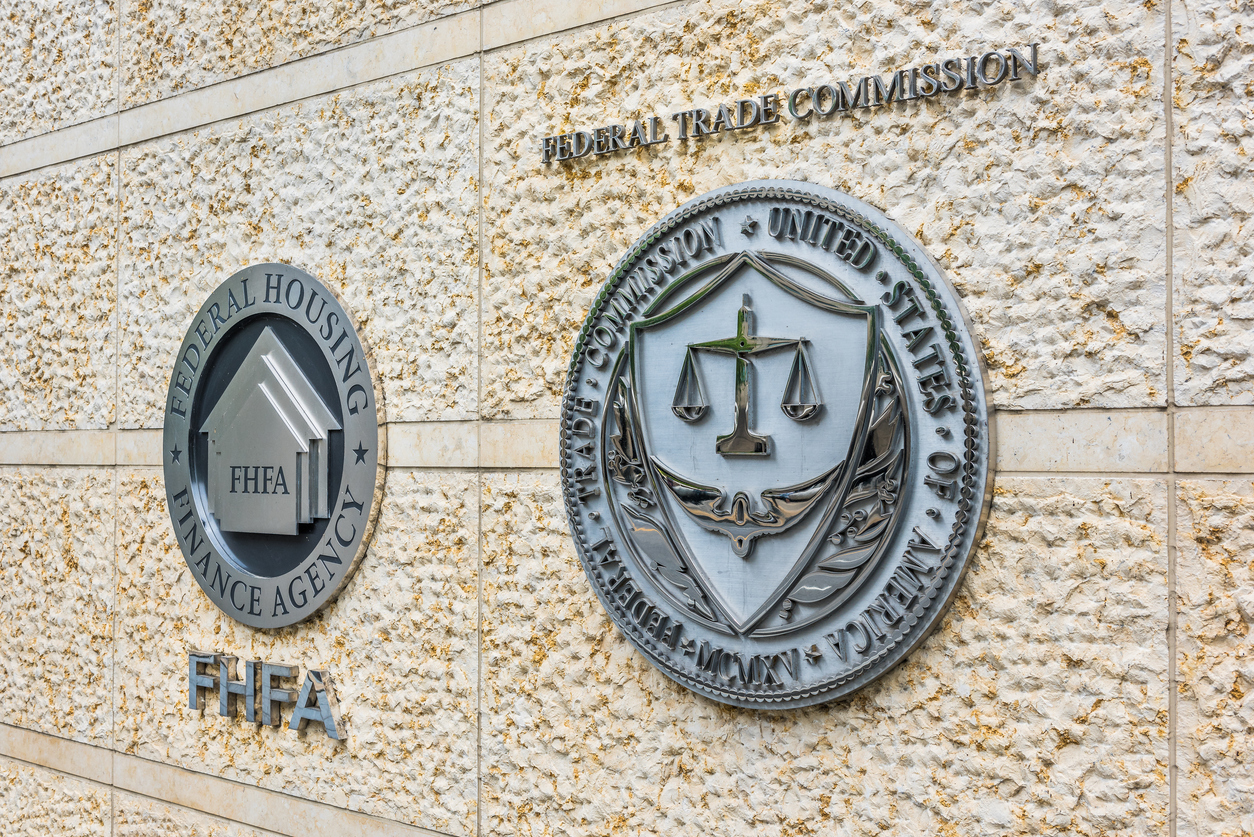The landscape of commercial real estate (CRE) lending is about to experience a significant shift. Fannie Mae and Freddie Mac, the government-sponsored enterprises (GSEs) pivotal to the U.S. housing finance system, are implementing stricter lending guidelines to curb mortgage fraud and enhance the stability of the market. This move is poised to have far-reaching implications, particularly for passive investors who rely on the robust performance of CRE investments for their portfolios. Let’s delve into what these changes entail and how they might impact passive investing, especially in multifamily syndication and car wash investments.
What Are the New Guidelines?
Fannie Mae and Freddie Mac have announced a series of stringent measures aimed at tightening CRE lending standards. These measures include:
- Enhanced Borrower Scrutiny: Increased due diligence on borrowers, focusing on their creditworthiness and history of previous transactions.
- Stricter Appraisal Standards: More rigorous appraisal requirements to ensure properties are accurately valued and to prevent inflated property valuations.
- Tighter Loan-to-Value Ratios (LTV): Lowering the maximum LTV ratios to reduce the amount of debt that can be secured against a property, thus ensuring borrowers have more equity at stake.
- Increased Documentation Requirements: More comprehensive documentation to verify borrower income, assets, and the legitimacy of transactions.
These measures are designed to fortify the CRE lending process against fraudulent activities and to ensure that loans are granted based on sound financial principles.
Why Are These Changes Happening?
The motivation behind these tighter guidelines is multifaceted. Primarily, they are a response to the increasing instances of mortgage fraud and questionable lending practices that have surfaced in recent years. By tightening the reins, Fannie Mae and Freddie Mac aim to:
- Mitigate Risk: Reducing the likelihood of loan defaults and ensuring that only financially stable borrowers are granted loans.
- Stabilize the Market: Promoting sustainable lending practices that support long-term market stability.
- Protect Investors: Ensuring that investments in CRE are backed by reliable and verifiable financial data.
Implications for Passive Investors in Multifamily Syndication and Car Wash Investments
For passive investors in multifamily syndication and car wash investments, these changes bring both challenges and opportunities. Here’s what you need to know:
- Greater Market Stability: Stricter guidelines can lead to a more stable CRE market, which is beneficial for long-term investors. Reduced fraud and default risk translate to a healthier investment environment.
- Selective Borrowing: With tighter LTV ratios and enhanced borrower scrutiny, only the most financially sound and credible projects are likely to receive financing. This could mean fewer, but higher quality, investment opportunities in multifamily syndication and car wash investments.
- Due Diligence Becomes Crucial: Investors will need to perform thorough due diligence when evaluating potential investments. Understanding the financial health of borrowers and the authenticity of appraisals will be critical.
- Potential for Higher Equity Requirements: Lower LTV ratios may require borrowers to have more equity in their projects, which could lead to higher upfront investment costs. However, this also means that these projects are less leveraged and potentially less risky.
Strategies for Passive Investors
To navigate these changes effectively, passive investors should consider the following strategies:
- Focus on Quality: Prioritize investments in high-quality multifamily syndication and car wash projects with reputable borrowers who can meet the new stringent requirements.
- Increase Due Diligence: Enhance your due diligence processes to ensure compliance with the new guidelines. Verify all financial data and appraisals rigorously.
- Diversify Investments: Spread your investments across different sectors and geographic regions to mitigate risks associated with localized market fluctuations.
- Partner with Experts: Collaborate with experienced CRE professionals and firms that have a proven track record of navigating regulatory changes and maintaining compliance.
The stricter CRE lending guidelines introduced by Fannie Mae and Freddie Mac mark a pivotal shift in the commercial real estate landscape. While these changes aim to reduce fraud and enhance market stability, they also necessitate a more cautious and informed approach for passive investors. By focusing on quality, performing rigorous due diligence, and partnering with seasoned experts, investors can continue to thrive in this evolving market. At QC Capital Group, we remain committed to guiding our investors through these changes, ensuring that their portfolios in multifamily syndication and car wash investments are robust, resilient, and poised for long-term success. If you’re interested in learning more about car wash investing or exploring passive investment opportunities, contact us today at [email protected].
For more insights and updates on passive investing and the commercial real estate market, stay tuned to our blog and subscribe to our weekly newsletter.


